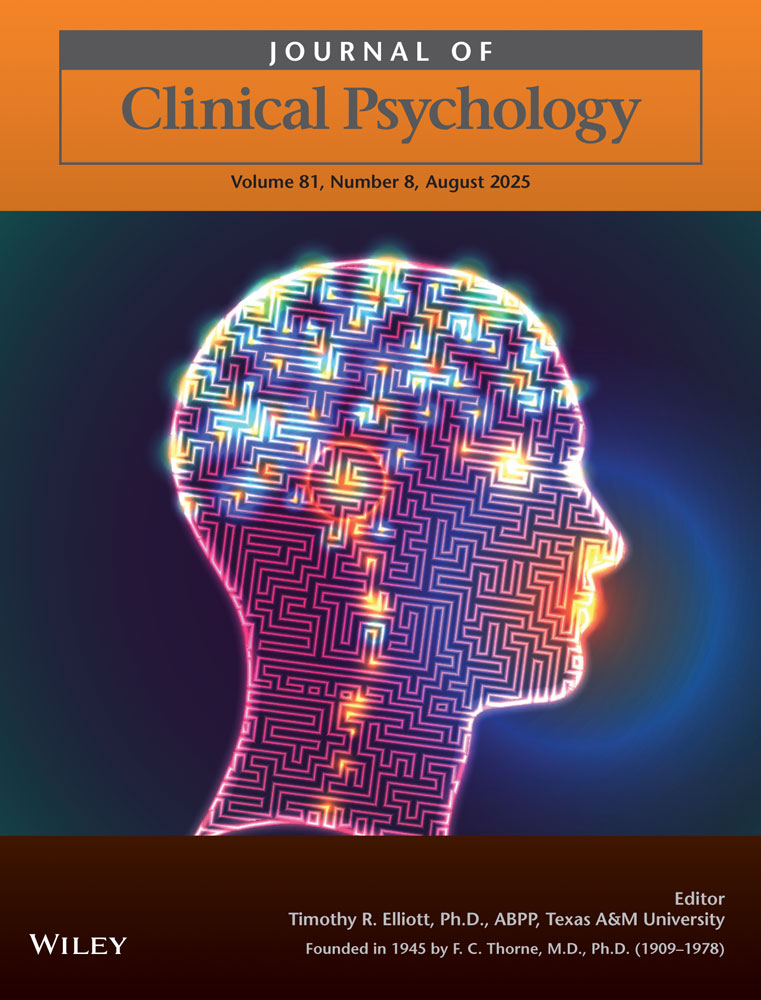Social and anamnestic correlates of consensus in diagnosing schizophrenia
Abstract
One hundred and twenty patients with a clinical diagnosis of schizophrenia (mean age 38.2 years; 73 women, 47 men) were evaluated by means of 13 systems for diagnosing schizophrenia. The sample included only patients classified as schizophrenic by at least one system. Data analyses indicated that the number of systems that diagnosed patients as schizophrenic (i.e., a variable that ranged from one to 13 points) was larger for persons who suffered from their symptoms in a more chronic manner (r = .47), were more frequently diagnosed as schizophrenic in hospitals in the past (r = .44), were more frequently hospitalized before (r = .31), and whose last hospitalization was more recent (r = .24). They were also less likely to be presently employed in higher-ranking positions (r = .32) and to own a house (r = .32).




